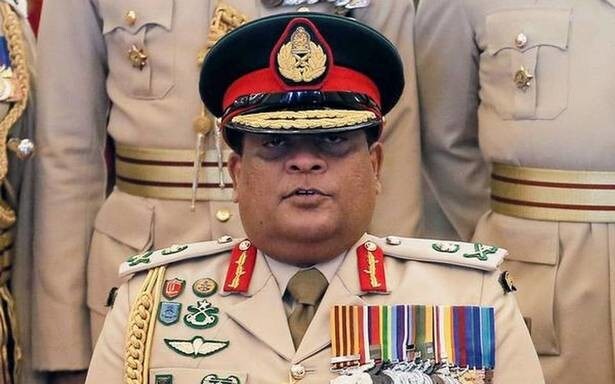 WASHINGTON: World Bank President Jim Young Kim has said India was expected to have a good third quarter, which is in line with Finance Minister P Chidambaram’s observations that the country’s economy is now picking up.
WASHINGTON: World Bank President Jim Young Kim has said India was expected to have a good third quarter, which is in line with Finance Minister P Chidambaram’s observations that the country’s economy is now picking up.
“If you look at some of the biggest countries, it looks like India is going to have a good third quarter,” Kim said at Wall Street Journal CEO Forum meeting.
He was responding to questions on slowed growth in developing countries.
“China came in at an annualized rate of 9.3 per cent in the third quarter.
And you know, there are all kinds of downside risks the biggest one being what’s going to happen here in this country when February rolls around.
“But we think that, over the next year, growth in the emerging markets is going to be over 5 per cent, and we think that’s going to continue,” the World Bank President said.
Last week, Chidambaram had exuded confidence that the economy will pick up in the second half and record a growth of 5-5.5 per cent in 2013-14.
“I am confident that the green shoots that are visible here and there will multiply and that the economy will revive.
There will be an upturn in the second half of this year,” Chidambaram said in an address to bankers at Bancon 2013 in Mumbai.
“It’s quite possible that the estimates made by the Reserve Bank or the Prime Minister’s Economic Advisory Council or the government about growth being between 5 and 5.5 per cent will be realized,” Chidambaram said.
However, the World Bank President acknowledged that the developing countries are unlikely to go back to the 10 plus growth rate which was experienced before the economic recession in the US.
“You’re not going to see, I don’t think, the 10-plus percent growth rate that you saw prior to 2008, but you know, a lot of the fundamentals in these countries are in much, much better shape than we even knew.
In 2008, we thought that Africa was going to go off the deep end with the financial crisis, but then kept a 5-plus per cent growth rate all the way through,” he said. Participating in the panel discussion, Stanley Fischer, the former Governor of Bank of Israel (2005-2013) and now a fellow at the Council on Foreign Relations, said “the emerging markets have done very well for a decade”.
“It was a decade of very easy money, of very easy access to finance. But if you look at (BRICS) Brazil, Russia, India, China, South Africa, the BRIC is China and the others have not yet built a framework that is going to be very stable,” he said.
Fischer added his guess is that China will turn out more positive than expected and there will be about eight per cent growth.
“Remember that when China grows at 8 per cent after 10 years of growth at 10 per cent, it is adding for more to global GDP at 8 per cent growth this year than it added when it was growing 10 per cent 10 years ago, because the economy is two-and-a-half times larger than it was previously,” he said.
“Well, there are a lot of candidates and I’m not sure I’m one to sort them out, but I think there is a chance that policy in India is a great disappointment.
“…then politics is taking over (in India) and doing things that do not make a whole lot of sense economically, and there’s an election coming up,” he said.
“Wherever there’s an election coming up, it’s worth considering what they’re going to do up to the election, and then how long it will take them to undo it.
“We used to have this saying in the IMF, it takes ten years to build up a country and to build up its framework and it takes one election to destroy it, and it happens time and time again, and it’s very sad,”? Fischer said.
“If you take China, for example, and agree that some of the recent economic developments have been good, but it is still a financial sector whose policies don’t work,” he added.
Structural reforms, likewise, are needed in India, as well,” said Glenn Hubbard, Dean, Columbia Business School, Columbia University.
“I think around the world, rather than looking at big monetary or macro factors, these are individual policy factors,” he added.
Responding to questions, the World Bank President Kim said China lifted more than 600 million people out of poverty in the last 20 years.
“We have a chance to do it, but our research shows that about two-thirds of the poverty alleviation comes from growth and about a third comes from various policies and methods to support the poor directly,? he said.
“In India, they have a USD 1 trillion infrastructure deficit over the next five years, and the government has said to all of us that more than half of that has got to come from the private sector, So, we want to learn how to help the private sector do better.
“Now, they’ve got ways to go, as Stan and others have said, but I have to tell you, they’re committed to it.
“At least they clearly understand that private sector growth is going to be critical if they want to reach their aim,” Kim said.–PTI






